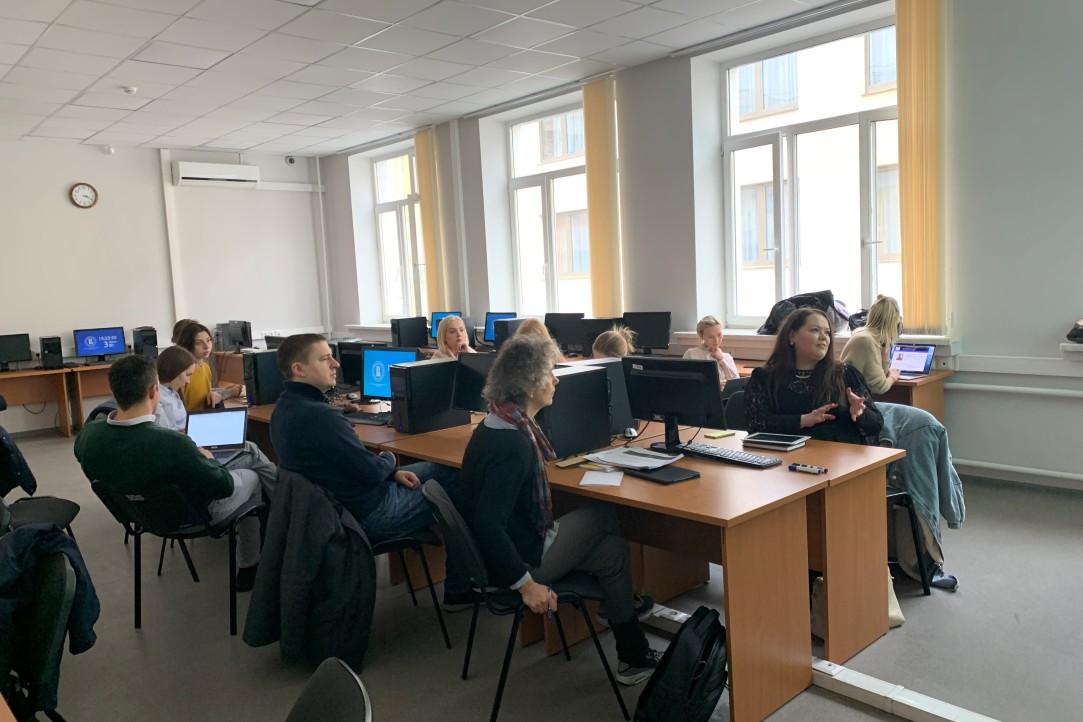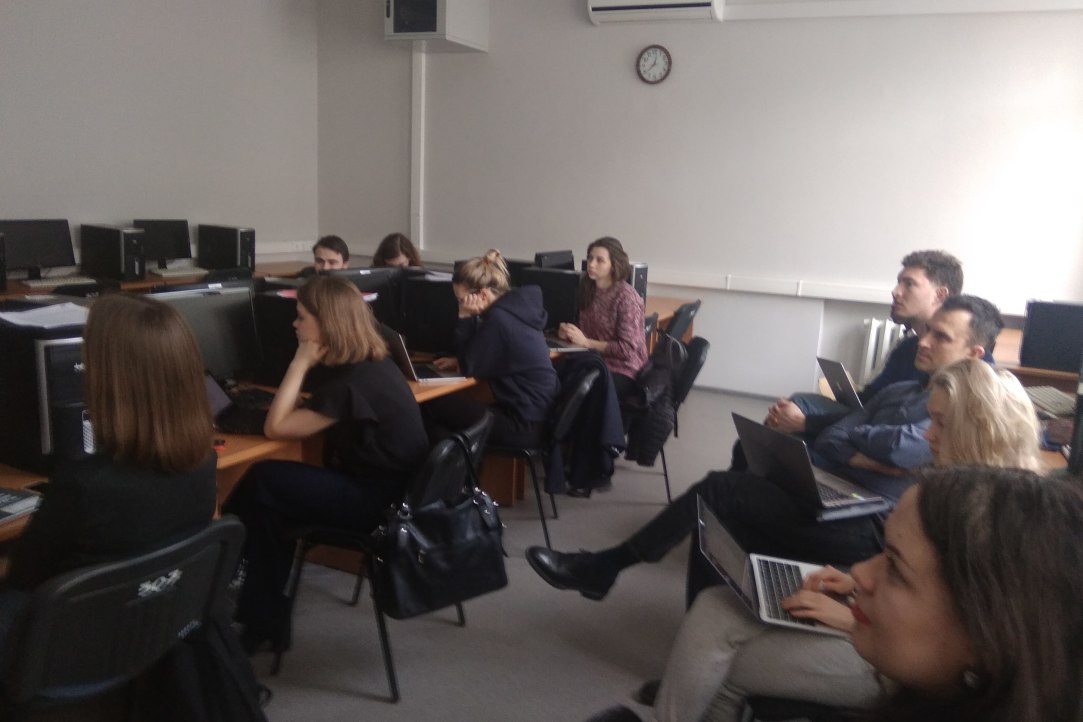
Critical theory, interpretivism and policy narratives' analysis
How systematic is our understanding of policy narratives? After a lot of work on analyzing them in the Moscow policy debate, our colleague Viktor Albert tried to summarize some of the weaknesses of the approaches and methods of narrative analysis.
Summarizing the feedback - on the results of participation in the ECPR general conference
In total, four reports directly related to the results of the group's work were made at the conference. On two panels, we presented general comparative results for all three cases, and each of them separately. Overall, the feedback was positive, with peers appreciated the quality of the arguments and the data, but at the same time they made a number of important comments.

Groups' presentations
In July, representatives of our NUG were engaged in writing and preparing their presentations at the General Conference of the ECPR. To make this process more fruitful, we have held several workshops with rehearsal presentations and discussions on their content.

Seminar on data collection interim results
The data collection process is in full play and this time, the participants of our group gathered at a seminar to discuss preliminary results of data collection and to analyze the difficulties that arise during the process.

Preparations for data collection
The main sources of narratives for analysis are various texts, and in order not to get lost in the streams of information, members of our group need to identify priority data sources. The third seminar of the research and study group "Policy Narratives in Moscow" was devoted to the study of issues related to the selection of texts, and to determine the time frame for the relevance of the selected data.





